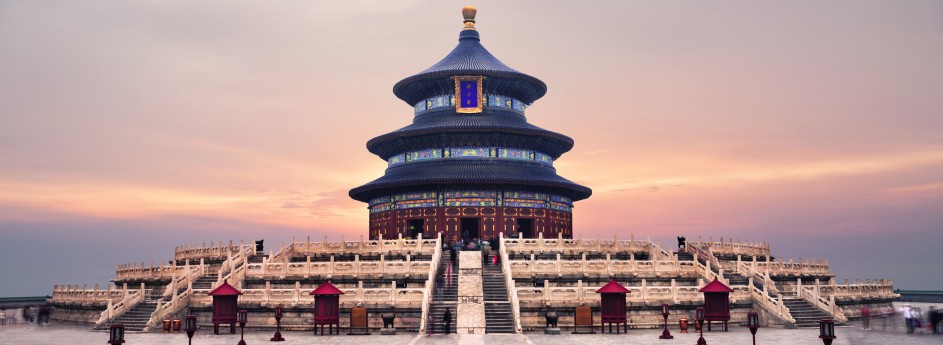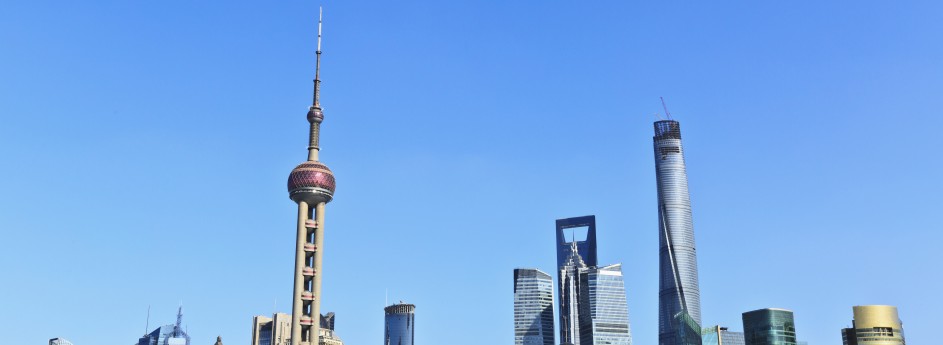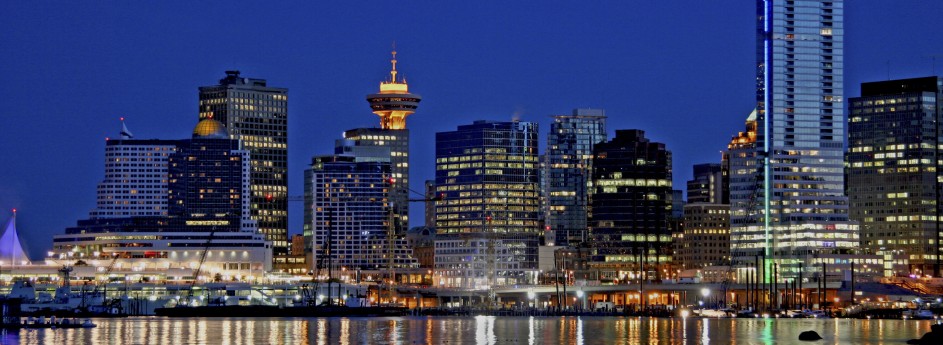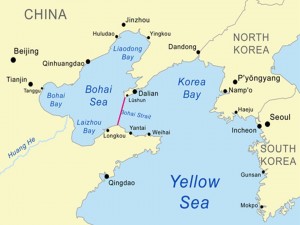RMB 1/4 of All China’s Cross Border Payments
This is a major milestone. With the increasing role of the RMB in Chinese cross-border trade and investments, it would not be surprising if the rate of RMB cross-border settlements reaches 1/3 by the end of this year. At this pace, perhaps the vast majority of China’s payments will be made in RMB by the end of the decade.
——–
Nearly a quarter of all cross-border payments in China last year were settled in yuan (CNY=), the central bank said on Tuesday, underscoring the renminbi’s growing dominance as it heads into the league of major currencies.
A total of 9.95 trillion yuan (1.06 trillion pounds) worth of cross-border payments were made in yuan last year, the People’s Bank of China (PBOC) said in a statement on its website, as it vowed to increase international usage of the currency this year.
The total value for yuan cross-border payments in 2013 was not available.
The yuan’s rising global profile mirrors its surging trading volume worldwide.
Although still tightly controlled by China’s government, offshore trading in the yuan soared some 350 percent on Thomson Reuters trading platforms last year. Rival platform EBS said the yuan ended 2014 as one of its top five traded currencies.
To encourage investors and central banks around the world to use the yuan, China began an experiment known as the Renminbi Qualified Foreign Institutional Investor scheme, or “RQFII”, that allows those who hold the yuan to re-invest it in Chinese capital markets.
And growth in the RQFII has been rapid. The size of the scheme more than trebled to 870 billion yuan at the end of last year, central bank data showed. That is up from 270 billion yuan in March 2014, according to the People’s Daily, the official newspaper of the Communist Party.
Ten nations outside China now buy Chinese assets via the RQFII, 14 countries have yuan clearing arrangements, and 28 other central banks have currency swap lines with China, the PBOC said.
China wants to turn the yuan into a global currency partly to reduce its reliance on the dollar, which is estimated to account for roughly a third of its $3.84 trillion foreign exchange reserves.
The weight of the dollar in Chinese reserves is especially problematic when the greenback weakens as it inflicts financial losses on China, at least on paper.
– Reuters
Bohai Strait Undersea High Speed Rail May be Built: Chinese Media
This has been brewing for some time and hopefully it gets into the 13th Five-Year Plan. Currently, it is indeed a pain to get from Dalian to Yantai, unless you fly, but that’s just as much a hassle.
An ambitious high-speed railway to run beneath Bohai Sea may be taken into consideration when the National Development and Reform Commission (NDRC), China’s economic planner, decides its 13th five-year plan (2016- 2020), 21st Century Business Herald reported on Tuesday.
Zhang Wufeng, head of the NDRC in Shandong province, said it has agreed to “consider” and “support” the project that would connect Lushun in Dalian city, Northeast China’s Liaoning province, with Penglai in Yantai, situated in Shandong.
It now takes over 10 hours to travel the over-1000-kilometer land route between Lushun and Penglai, which are separated by Bohai Sea and located on the Liaodong and Shandong peninsulas respectively. The proposed underwater high-speed railway would shorten the distance to over 100 kilometres while the travelling time would be reduced to 40-50 minutes, said Wang Mengshu, academician at the Chinese Academy of Engineering and tunnel expert. Wang added that the rail link will run at 250 kilometers per hour according to its design.
The connection will promote economic development in the region, especially in provinces with advanced steel industries like Liaoning, Hebei and Shandong, and enhance economic interaction among Shandong, Liaoning, Beijing, Tianjin and Hebei, say experts
It is predicted that by 2020, the potential passenger flow volume between the two areas will reach about 300 million, with the figure for the underwater high-speed rail to hit 180 million to 240 million. It is calculated that the first phase of the project might cost 200 billion to 250 billion yuan ($32.1 billion – 40.2 billion).
– english.eastday.com
Will Abe Piss Off Japan’s Closest Neighbours Again?: Bloomberg
Japanese Prime Minister Shinzo Abe has a knack for pissing off especially China and South Korea (never mind the whacko North) whether it be trying to minimize the numbers massacred during the Rape of Nanking (or his goons denying it ever happened), or insisting the euphemistic “Comfort Women” became sex slaves of their own volition, or denying atrocities committed against Allied prisoners of war, or arguing the Diaoyus have always belonged to the Japanese, or grand standing about reassessing the Murayama apology, or sending offerings to or visiting the Yasukuni Shrine, and the list goes on.
Indeed, everyone is waiting to hear what he intends to say at the 70th anniversary of the end of WWII.
My guess is he’ll utter all the politically correct language, grudgingly acknowledge and uphold former Prime Minister Tomiichi Murayama’s 1995 apology, and swear on Japan’s unswerving commitment to peace and democracy. He’ll go back home, lay low for a while, send expressions of respect to Yasukuni Jinja where the ashes of 14 war criminals lay, and in a couple years, amend the constitution to rid once and for all of Article 9, and when he needs to or the time is right (either due to pressure from the ultra-right or he wants to show the Chinese and Koreans that he can stand up to them) pay another visit with his cabinet colleagues to the shrine.
The Japanese right wing will NEVER truly atone for what the militarists did in WWII because they perceive themselves as victims who paid the ultimate price of enduring the atomic bomb. After all, Abe’s grandpop was intimately involved in the war-time policies. On a personal level, Abe is not going to offer any additional expression of apology that is tantamount to rejecting what his relatives did during the war.
This Bloomberg article is right that Abe has to set the right tone internationally. Otherwise, his diplomatic offense will backfire.
http://finance.yahoo.com/news/japan-wants-peace-builder-keeps-012030640.html;_ylt=AwrTWVWzVL5UUXQAhBrQtDMD




